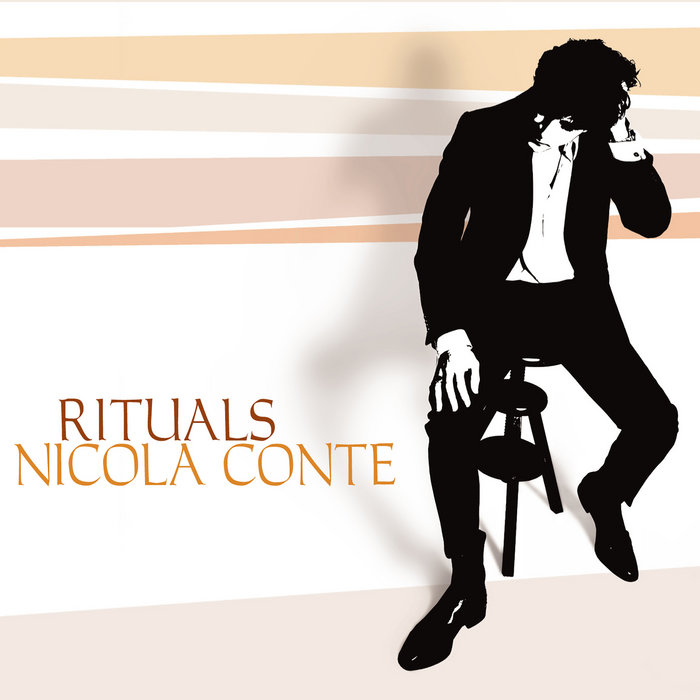
I See All Shades Of You – Nicola Conte
this blog is GROOVY – check out great Soul, Funk, Jazz, Hip Hop, Bass, Breaks , Reggae, House n many more TUNES
Ah, Afro-Jazz! It’s that pulsating blend of African rhythms and jazz harmonies that makes your feet tap and your spirit soar. Imagine all the good vibes, bright colors, and a whole lot of rhythm. Let’s take a funky ride through the history of this amazing genre—minus the heavy jargon!
Afro-Jazz sprouted from the vibrancy of African music mixed with jazz influences in the mid-20th century. Picture it: post-World War II Africa was seeing a surge in musical creativity as cultures collided like a sweet potpourri at a groovy party.
Jazz took flight in America around the early 1900s, thanks to legends like Louis Armstrong and Duke Ellington. Meanwhile, back in Africa, traditional music was thriving with its rich tapestry woven from drums, chants, and melodies passed down generations. By blending these forms together—bam! Afro-Jazz was born.
The movement kicked off prominently in countries like South Africa and Nigeria during the late ’50s and early ’60s. Musicians such as Hugh Masekela, who played his horn like nobody’s business, emerged on the scene along with Abdullah Ibrahim (formerly known as Dollar Brand), whose piano skills could make even stone-faced folks want to groove.
Did you know? Hugh Masekela once famously said he would only play trumpet if they made him an ambassador for peace! Cool story bro!
In Johannesburg during apartheid days—the struggle against racial segregation—music became not just entertainment but also resistance. Jazz clubs were bomb hubs where people gathered to share their heartbreaks while dancing it out.
By mixing traditional African rhythms with American jazz improvisation styles—the beat went on! Ever hear about how musicians used their craft to communicate coded messages? Yup! During gigs where gathering in public spaces was risky; they’d use song lyrics to discuss plans or call for action without getting caught by “the man.” Talk about being ingenious!
One funny tidbit? When Fela Kuti hitched his sound onto Afrobeat—a close cousin of Afro-Jazz—you’d be amazed at what he called his band: Egypt 80! Legends say he did it because he thought “if Pharaoh could rule Egypt!” He could certainly shake up Lagos.
Fela had no problem making bold statements either; sometimes he’d perform for hours (and you thought your concerts are long). His shows turned into electrifying experiences featuring dancers clad practically nothing while chanting political messages alongside catchy tunes—you simply couldn’t resist joining in on those grooves!
Fast forward to today – afro-jazz has spread its wings globally richer than any avocado toast you’ve ever had (seriously)! From Parisian cafes vibing out with young musicians inspired by Mali’s roots or Brazil’s samba-inspired touch—all eyes (and ears) seem eager for this musical fusion feast.
A wild fact? In France alone there are entire festivals dedicated solely to honoring African sounds blended beautifully into jazzy concoctions—in essence turning cities into one big dance floor whenever summer rolls around!
Because let’s face it: when you’re grooving under starry skies sipping drinks dressed up as saxophones—you know life is good!
Today artists continue breaking boundaries within this genre—they’re experimenting more than ever before! Names like Malian musician Salif Keita, who mixes pop flavors until things get steamy or singing sensation Ayo, whose nostalgic voice feels rooted yet fresh?
Even genres spin-offs have popped up everywhere—from smooth bossa-nova-influenced tracks echoing through crystals clear airwaves reflecting various places around earth—including Canada accentuating everything we adore about communities embracing diversity effortlessly within every note strummed harmoniously together creating love-filled symphonies wherever they go!!
But hold onto your hats; there’s humor too! At one festival performance after another international gig—it turns out some saxophonists accidentally swapped instruments backstage thinking theirs sounded off during warm-ups only realizing later audience loved what resulted enhancing sound quality quite unexpectedly proving natural collaboration flows between vibes feeling interconnected instead!!
As we bounce forward now decades deep into evolution taking shape across borders inviting everyone join hands united hearts throbbing beats collectively channeling energy flowing steadily uplifting spirits everyday becoming vibrant movements embracing change whilst nurturing legacies thankfully still alive among us since yesterday celebrating joy forevermore…
So there ya have it—the colorful history of Afro-jazz wrapped neatly—and quite groovily—into words made just for you rhythm-seekers looking sprinkle laughter amidst insights collection dancing wildly free liberated expressions rising high wherever future beckons eagerly calling upon musicians continue painting canvas lifetime inspiring anew keeping hearts open ready catch moments shimmering shindig celebration unfolding dreams shining bright light style!!!
So next time you hear an irresistible tune tinged with those spicy rhythms – remember—it might just be someone putting their heart down through fusions leading joyful gatherings across continents bringing us closer together reminding how powerful art can bind souls stronghold moving futuristic pathways ahead!! Keep jamming my friends!!! 🎷🎶✨

I See All Shades Of You – Nicola Conte
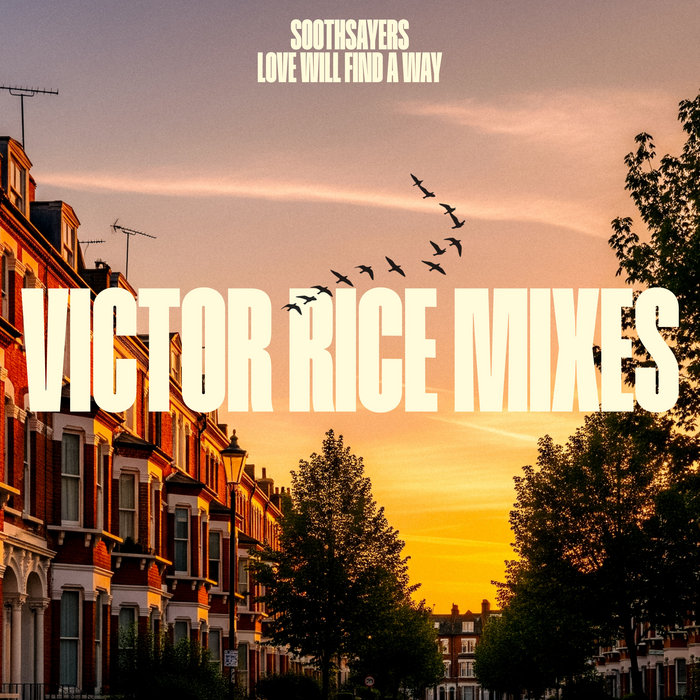
Love Will Find A Way feat. Maia Avery & Akin Soul (Light Still Shines Version) – Soothsayers
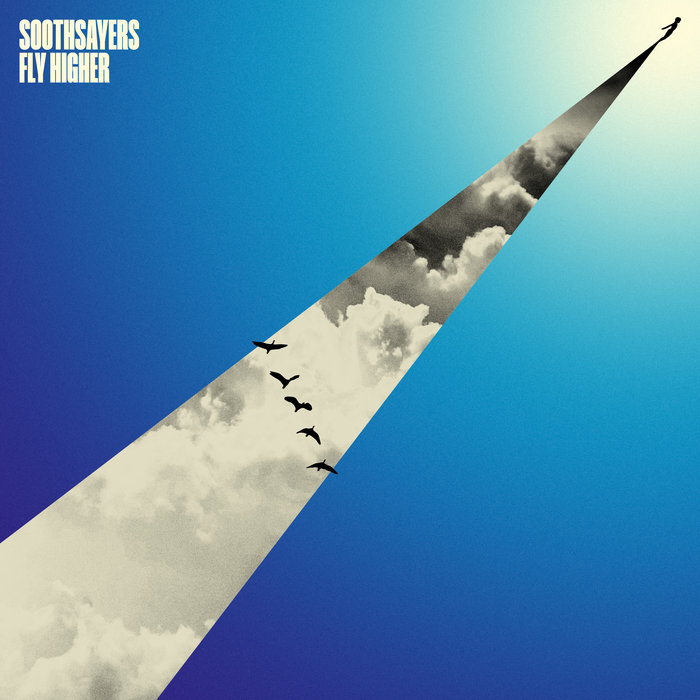
To Be Free – Soothsayers

Love Is Still The Answer – Soothsayers

Battle Isn’t Over (D’n’B Version) – Nubiyan Twist and Horseman

Macumba De Oxalà – Nicola Conte and Nico Lahs present Tema Due
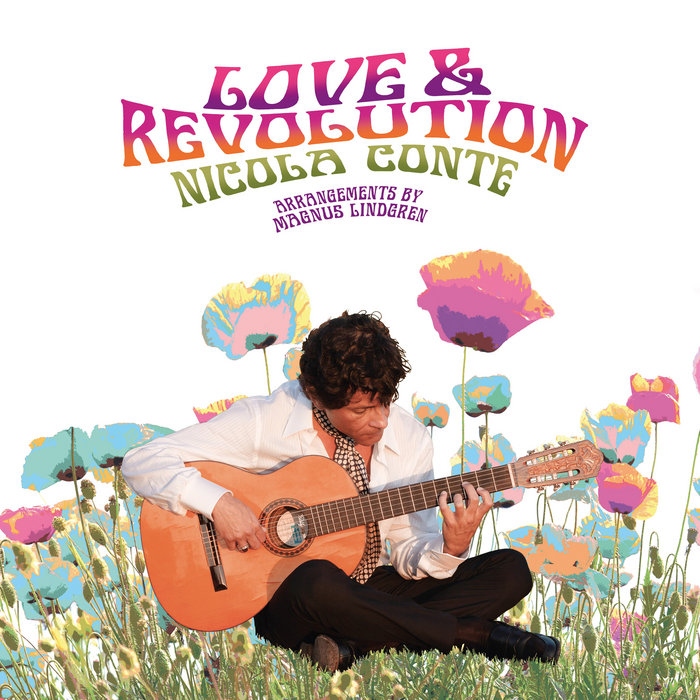
Love And Revolution (feat. Melanie Charles) – Nicola Conte
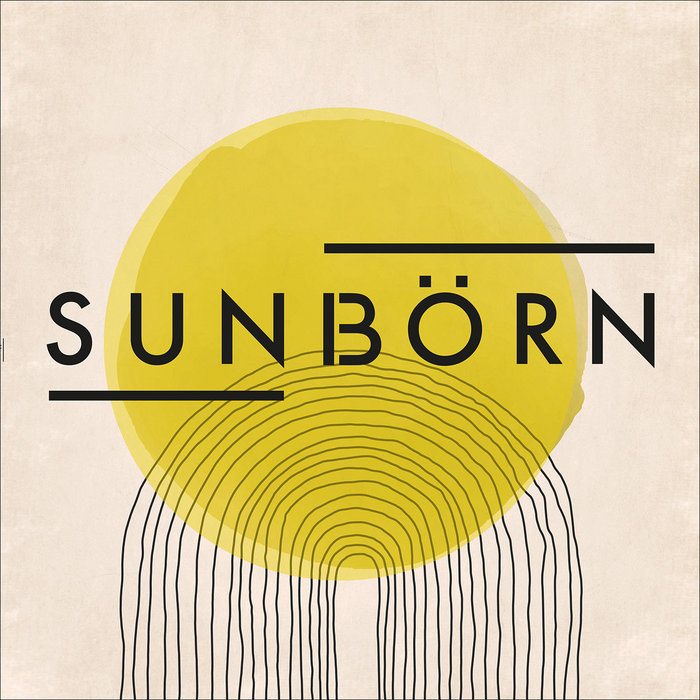
Dancing In The Dusk – Sunbörn
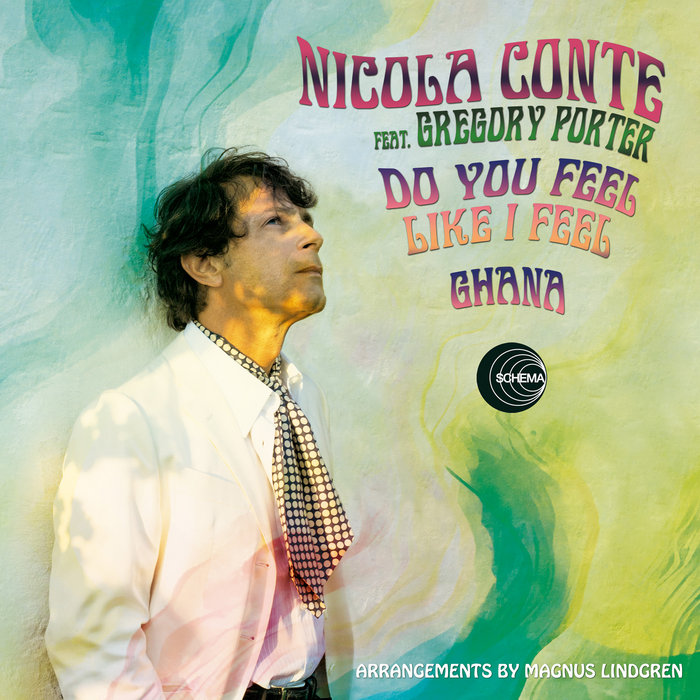
Do You Feel Like I Feel (feat. Gregory Porter) – Nicola Conte
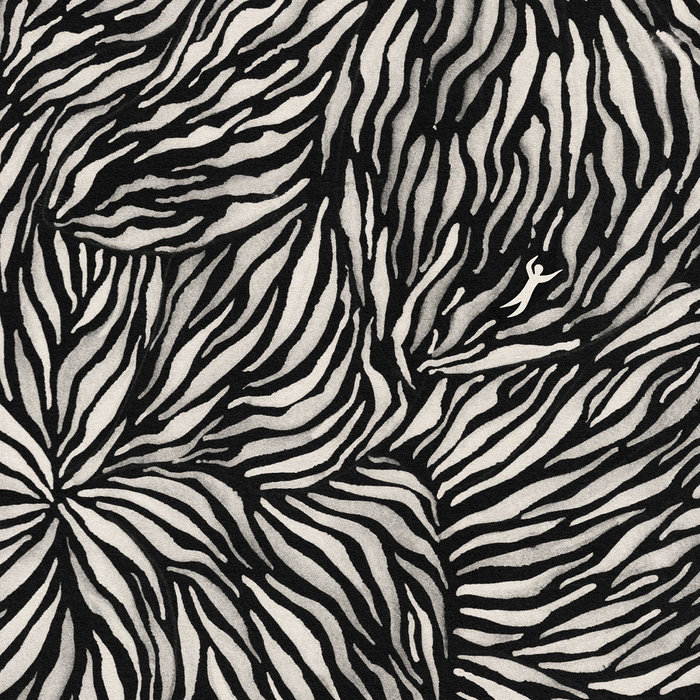
Lights Out (The Reflex Revision) – Nubiyan Twist, Nile Rodgers, The Reflex